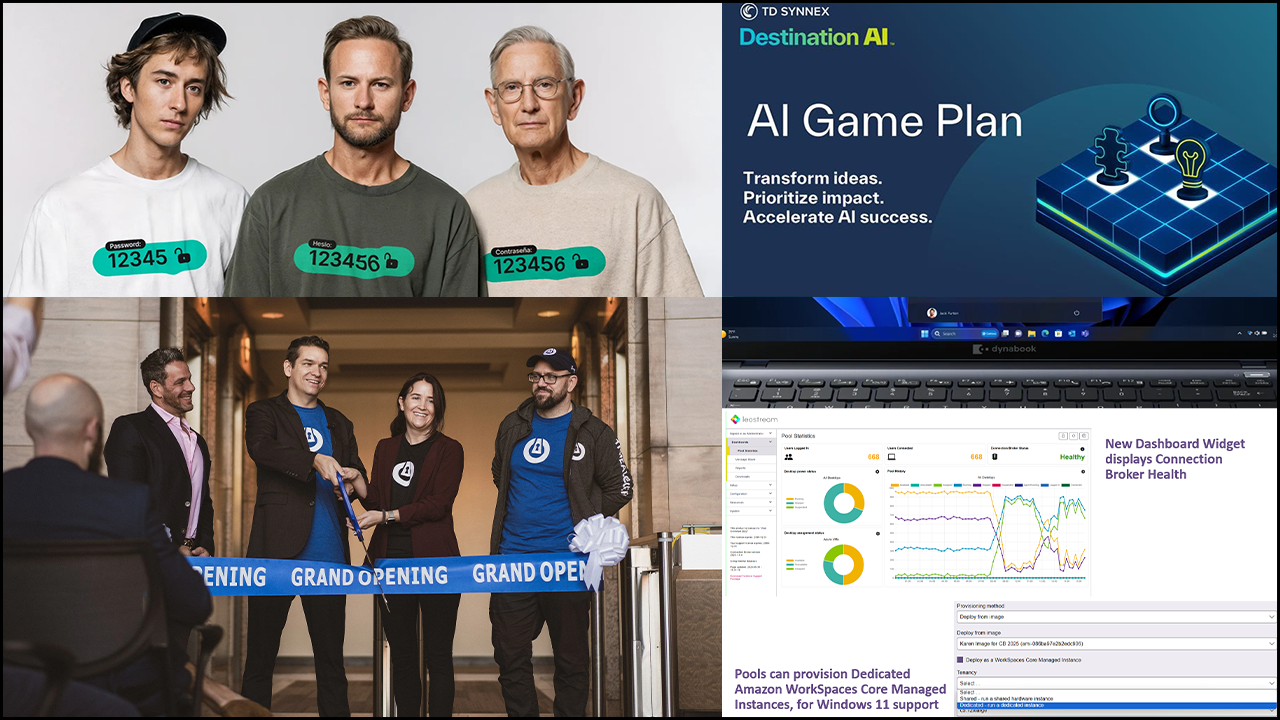Technology is growing exponentially, a trend that makes it difficult for many businesses to keep up. Growth brings new challenges to businesses, large and small. Some lack the budget to upgrade their tech to meet new threats like cyberattacks. Meanwhile, others may lack specific technical expertise to customize their software platforms with the latest AI advances. As a result, many businesses turn to the MSP sector to help them stay competitive.
Growing Need for MSPs
Traditionally, this outsourcing strategy has played a vital role in keeping IT infrastructure running, focusing on computer networks, servers, and workstations.
However, the rise of cyber threats, cloud computing, and XaaS (everything as a service), has fueled dramatic growth in the MSP sector. This has enabled service providers to expand to meet the increasing demand. In turn, this is driving dramatic revenue growth for MSPs.
Markets and Markets reported that MSP revenue is expected to reach $372.6 billion by 2028, up from $275.5 billion in 2024, with a healthy compound annual growth rate of 6.2%. The growing demand stems from MSPs offering cost-effective, flexible IT solutions in an increasingly complex technological landscape. With the right MSP, companies can adapt swiftly to the evolving IT landscape.
Trends Shaping the Future of the MSPs
Here are three trends that will have the biggest impact on the MSP sector:
No. 1 Cyber Threats
One critical trend shaping the MSP landscape is the ever-present threat of cyberattacks. In the past decade, they have become omnipresent and can wreak havoc on businesses. At times, they have even shut companies completely down.
Many companies lack the skills and staff to keep up with cybercriminals. MSPs and MSSPs specialize in cybersecurity strategies for their clients. They can handle proactive defense, 24/7 monitoring, security assessments, awareness training, and regulatory compliance.
The MSP sector’s use of AI tech will be critical in the years to come in the battle against hackers, who will also use AI to develop new threats and strategies.

Alexander Ewing-Shaw
No. 2 Cloud Computing
Cloud computing services are an essential part of business. MSPs have the technological skills to migrate and implement a cloud platform. They also can manage infrastructure, security, compliance, backup, disaster recovery, and applications.
MSPs are no longer just tech geeks; they are strategic cloud advisors. They can provide technical expertise and build strong partnerships with cloud providers like AWS, SAP, IBM, Microsoft, Oracle, Google Cloud, and other tech vendors.
No. 3 Artificial Intelligence
AI and automation have rewritten how businesses operate, including how MSPs deliver services. AI technologies have significantly enhanced MSPs’ operational efficiencies, lowered costs, and improved customer service. Like many businesses, MSPs use AI-powered automation for routine tasks, intelligent support, proactive issue resolution, and data-driven insights. Because of this expertise, they understand how to guide their clients through digital transformations.
Predictions for the Industry’s Future
The MSP sector is undergoing a period of breakneck consolidation and specialization. Many MSPs now have dedicated teams for specific business needs, such as cybersecurity and verticals. An MSP must demonstrate that it has the advanced skills to succeed at particular tasks.
While the MSP sector’s future looks bright, Sophos’ MSP Perspective 2024 Report highlighted specific challenges in the cybersecurity field that lie ahead. Some of those include:
- Staying up to date with the newest security tactics and innovations
- Locating cybersecurity analysts with advanced skills to meet growing demand
- Staying abreast of recent cyber threats
- Providing 24/7 service
- Finding new clients
Meeting Challenges Ahead
In addition to meeting the cybersecurity threats, the MSP Association of America said MSPs must offer AI, automation and IoT expertise, manage multicloud environments, concentrate on industry-specific solutions, and provide increased customer experience.
Businesses like the advantages that come with outsourcing key operations. Forward-thinking MSPs will continue upskilling to remain trusted partners, overcome the challenges their clients face, and meet new technological needs as they arise.
Alexander Ewing-Shaw is the director of partnerships at Chetu, a global software solutions and support services provider.
Featured image: iStock












